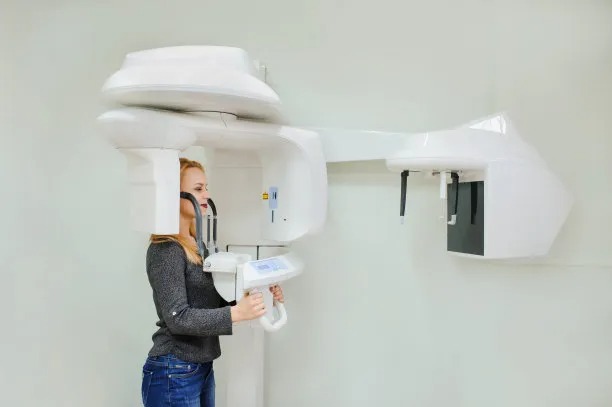Essential Guidelines and Best Practices to Ensure Safety During Root Canal Treatment Procedures
Summary: Root canal treatment is an essential dental procedure aimed at saving teeth that are infected or decayed. However, ensuring patient safety during this complex procedure is paramount. This article delineates essential guidelines and best practices to facilitate a secure environment during root canal treatments. It covers critical aspects such as patient evaluation and preparation, infection control measures, precise procedural techniques, and thorough post-treatment care. By adhering to these guidelines, dental professionals can manage risks effectively, ensuring the safety and well-being of their patients. This article serves as a vital resource for practitioners aiming to enhance the safety protocols in their practice.
1. Patient Evaluation and Preparation

A comprehensive patient evaluation is the first step in ensuring safety during root canal treatments. Before initiating the procedure, dentists must conduct a thorough medical history review to identify any underlying health conditions that could complicate treatment. Factors such as allergies, medications, or previous dental experiences should be closely examined.
In addition to the medical history, clinical examinations, including necessary radiographs, are crucial to assess the complexity of the root canal system. Understanding the anatomy of the tooth helps to preemptively identify any potential challenges, minimizing risks during the procedure.
Furthermore, clear communication with patients about the procedure, including what to expect and any possible post-treatment discomfort, enhances their understanding and cooperation, contributing to a safer treatment environment.
2. Infection Control Measures
Infection control is pivotal in root canal treatments to prevent complications such as systemic infections. The use of sterile instruments and equipment is a fundamental practice. Dental professionals must ensure that all tools are sanitized and that sterile barriers, such as gloves and masks, are worn throughout the procedure.
The operating environment should also be controlled carefully. Dental chairs, unit surfaces, and any equipment used should be disinfected appropriately to eliminate any potential pathogens. Regular training in infection control protocols for dental staff is essential to ensure compliance and effectiveness.
Additionally, utilizing rubber dams during the procedure is an effective measure to isolate the treatment area. This not only helps maintain a clean working field but also minimizes the risk of saliva contamination, further protecting against infections.
3. Precise Procedural Techniques
Executing root canal treatment with precision is critical to ensuring both patient safety and treatment success. Dentists should employ advanced techniques, including the use of digital imaging technologies, to guide them throughout the procedure. These technologies enhance accuracy in locating and treating all root canals, reducing the risk of leaving behind infected tissue.
Moreover, employing appropriate instrumentation, such as rotary endodontic tools, can aid in achieving efficient canal shaping and cleaning. These instruments should be maintained and replaced periodically to prevent mechanical failures that could jeopardize patient safety.
Adhering to established protocols for anesthesia administration is also vital. To alleviate patient anxiety and discomfort, proper local anesthesia techniques should be applied, ensuring that the patient remains pain-free during the procedure. The dentist should continuously monitor the patients comfort levels throughout the treatment, being prepared to adjust approaches as necessary.
4. Thorough Post-Treatment Care
Post-treatment care plays a significant role in overall patient safety following root canal procedures. Dentists should provide detailed aftercare instructions that cover pain management, signs of infection, and guidelines on dietary restrictions. Clear communication ensures that patients are well-informed and know when to seek further help if complications arise.
Follow-up appointments should be scheduled to monitor the healing process and to make sure that the infection has not returned. Regular assessments aid in identifying and managing any concerns well before they escalate into severe issues.
Furthermore, encouraging patients to maintain good oral hygiene practices post-treatment is essential. Educating them about the importance of oral health can help prevent future dental problems and potential complications related to the root canal treated tooth.
Summary:
The safety of patients during root canal treatments relies on thorough evaluations, strict infection control, precise methodologies, and effective post-care strategies. By adhering to these essential guidelines and best practices, dental professionals can significantly reduce risks while enhancing treatment outcomes.
This article is compiled by Vickong Dental and the content is for reference only.



